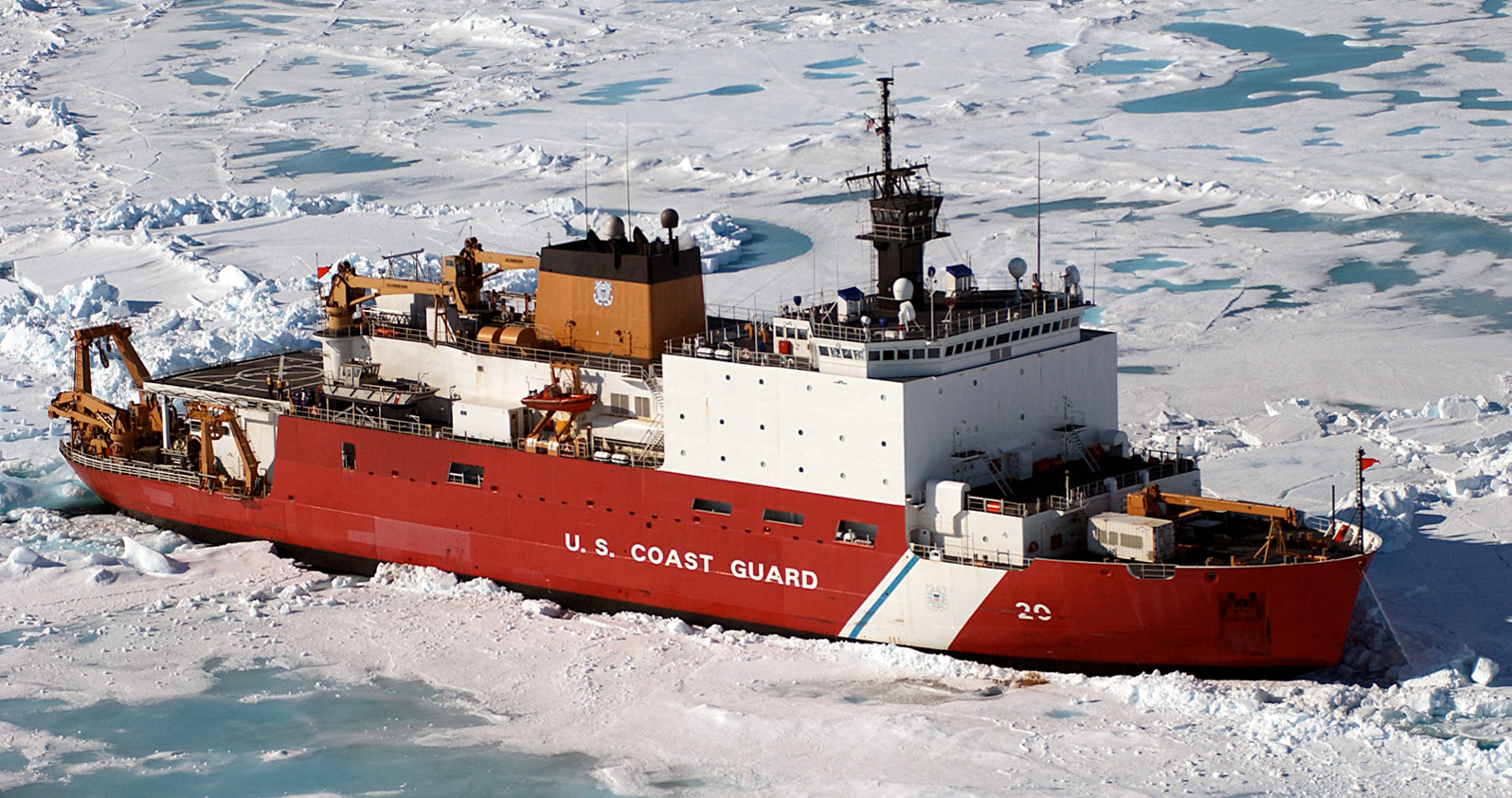Image: U.S. Coast Guard/Wikiwand
(NationalSecurity.news) It is often a forgotten branch of the U.S. armed services, but each of its multi-faceted missions is important to the security of the country. And this budget year, Congress officially acknowledged as much.
As reported by National Defense Magazine, the U.S. Coast Guard will receive an additional $928 million over what the service requested in FY 2016, money that will go to the service’s acquisition accounts. Plans are to use the money to fund a ninth national security cutter, offshore patrol cutter and the purchase of a new polar icebreaker.
As the magazine, on its web site, reported further:
The funding increase comes at a time of growing missions for the service. Over the past year, it has taken on a larger role in patrolling the Western hemisphere as smugglers attempt to bring drugs into the United States. Additionally, as sea ice melts in the Arctic and opens up new waterways, the service — which operates the nation’s polar icebreakers — will play a greater role in the region, officials have said.
In January the service, perhaps anticipating the extra funding, solicited for a new icebreaker.
“The Coast Guard appreciates the tremendous support of Congress in addressing the service’s priorities of both investing in future capabilities as well as preserving today’s frontline operations,” Eric Nagel, a spokesman for the sea service, told the magazine “[This] demonstrates Congress’ recognition of the Coast Guard’s role to secure the homeland and safeguard lives and property in the maritime domain.”
A year ago, as reported by USNI News, Coast Guard Commandant Adm. Paul Paul Zukunft said the service needs three heavy and three medium icebreakers in the future, to handle expected mission requirements in the Arctic and Antarctic.
Currently the Coast Guard has two operational icebreakers — heavy icebreaker USCGC Polar Star (WAGB-10) and medium icebreaker USCGC Healy (WAGB-20). Also, the National Science Foundation also leases a research icebreaker — Nathaniel B. Palmer. The Coast Guard has a third heavy icebreaker, the USCGC Polar Sea, but it is not operational.
The two heavy icebreakers entered service in the late 1970s; the Healy entered service in 2000.
By contrast, Russia – which is also renewing its push back into the Arctic, in search of strategic advantages and also natural resources – has 40 operational icebreakers, with plans to build another 10 ships, RT.com reported in September.
That same month President Obama vowed to close the “icebreaker gap” with Russia.
“Arctic ecosystems are among the most pristine and understudied in the world, meaning increased commercial activity comes with significant risks to the environment,” the White House said in a statement.
“The growth of human activity in the Arctic region will require highly engaged stewardship to maintain the open seas necessary for global commerce and scientific research, allow for search-and-rescue activities, and provide for regional peace and stability,” the statement said, as reported by The New York Times.
The Times noted that China has one operational icebreaker and is currently building another.
See also:
NationalSecurity.news is part of the USA Features Media network of sites. For advertising opportunities, click here.


